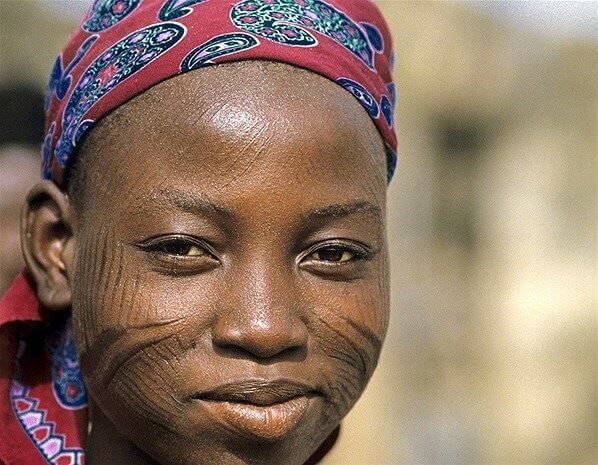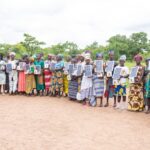The Frafra people are a distinct subset of the Gurunsi ethnic group who reside primarily in the Upper East Region of Ghana. They are also found in southern Burkina Faso, sharing similar cultural practices, language, and background. However, it is important to note that the Frafra encompass four distinct groups: Gurensi, Talensi, Nabdam, and Kusasi, each with their own linguistic variations and specific characteristics. While the term “Frafra” is often used as a general term to refer to these groups collectively, they are distinguishable entities with their own unique identities.
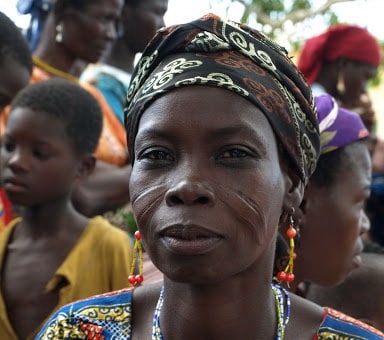
The Frafra region is predominantly rural, with the majority of the population engaged in agricultural activities as their primary means of sustenance. Farming plays a central role in their livelihoods, reflecting their strong connection to the land and natural resources of the region.
The name “Frafra” originated from a traditional greeting commonly used among the people. The greeting involves shouting the phrase “furra furra” while clapping hands, which has become synonymous with the Frafra identity and cultural expression.
The Frafra people share a common history, language, and political structure, but their experiences and development have diverged from their northern neighbors, such as the Nuna, Bwa, and Winiama, due to the influence of different colonial systems. In the precolonial era, the Frafra were organized in a decentralized manner, with lineage-based social structures and minimal centralized authority. However, the introduction of colonial governance led to the establishment of chiefs and centralized political systems in certain areas.
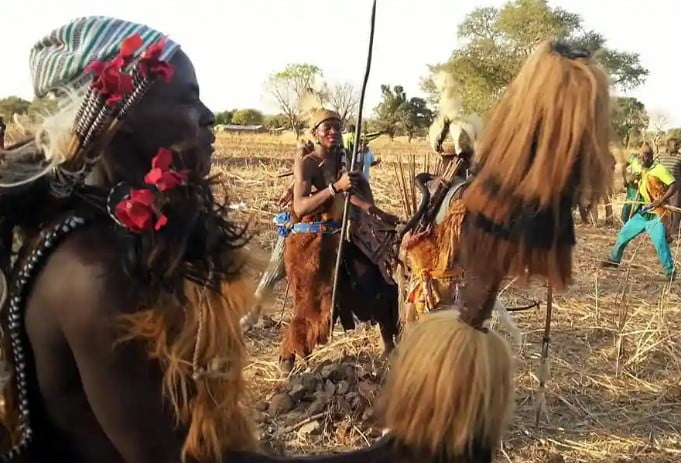
Migration has been a significant aspect of the Frafra people’s recent history. Various factors have contributed to population movement, including population growth, adverse environmental conditions, economic pressures, and cultural practices. Population growth has led to increased competition for limited resources, particularly viable farmland. The region’s landscape, characterized by rocky terrain and susceptibility to flooding, has further exacerbated the scarcity of suitable land for farming and habitation. As a result, many Frafra individuals and families have migrated to other areas in search of better agricultural prospects and economic opportunities.
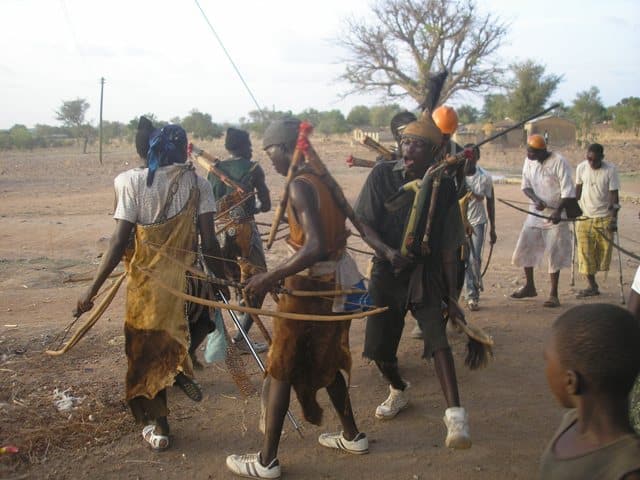
High bridal prices have also driven some men to seek work outside their communities to secure the necessary resources for marriage. Migration, in some cases, is considered a demonstration of maturity and masculinity, while for the youth, venturing into new territories is seen as a rite of passage and an opportunity to earn respect. Other unforeseen factors, such as the infestation of Oncho flies in the Bongo region, have also compelled farmers to relocate.


